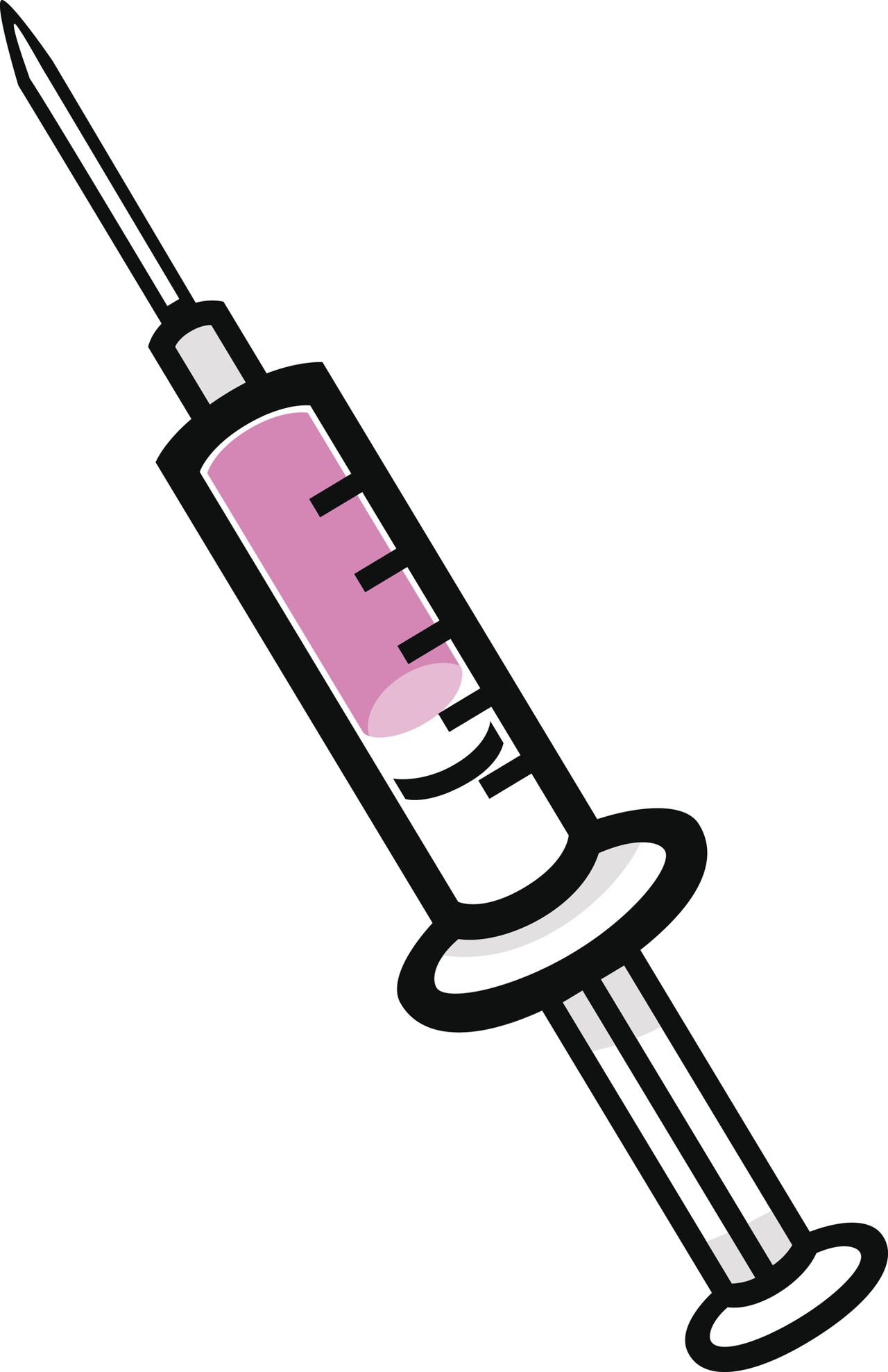
Black tarry (sticky and smelly) feces, that is associated with gastrointestinal hemorrhage, is known as melena. The stool turns black in color because of the oxidation of the iron that is present in the hemoglobin (producing hematin that is black in color) when blood passes through the colon. Here’s more…
Melena signifies that bleeding is present in the upper gastrointestinal (GI) tract or the right colon, as the blood is present in the body for a longer period of time for it to break down. Blood from the sigmoid colon or the rectum does not stay in the body long enough to break down, and is passed through quickly. Hence, in such cases, the blood is visible in the stool, and is red in color.
There are cases wherein the bleeding from the GI tract is very slow. In these cases, the bleeding is termed occult, i.e., it is not visible to the naked eye. The blood can be detected only by testing the stool for blood. The causes of this kind of melena are the same as when the stool is tarry. In addition, it is also associated with anemia, which is caused due to the loss of iron along with the blood.
Causes of Blood in Stool
- Gastritis: This is the condition wherein the lining of the stomach is inflamed, and is usually caused by alcohol abuse, spicy food, smoking, and bacterial infection.
- Esophageal Varices: These are dilated veins that are present in the upper stomach or the lower esophagus. These veins can rupture due to portal hypertension, which is caused by the cirrhosis of the liver. This is a very serious condition, and the blood that is leaked from the ruptured veins is seen in the stool or is vomited out.
- Bleeding Ulcers: Ulcers are sores present on the lining of the stomach, and can cause bleeding. A common myth prevalent today is that stomach ulcers are caused due to spicy food. This is not true. Yes, the spicy food may aggravate an already present ulcer, but the fact is that a bacterium by the name ‘Helicobacter pylori‘ causes ulcers in the stomach. Your physician will prescribe antibiotics to help remove the infection.
- Prolonged use of pain medications, known as NSAIDs (Non Steroidal Anti-Inflammatory Drugs) can also cause ulcers in the stomach, leading to melena.
- Mallory-Weiss Tear: Violent vomiting, coughing, or epileptic convulsions can cause a tear in the mucous membrane that joins the esophagus and the stomach, and may cause bleeding. Thankfully, this condition is very rare.
- Melena is also seen in newborn infants due to swallowed maternal blood. However, this condition heals in a couple of days.
Diagnosis of Melena
If your stool is black in color, it can be attributed to melena straight away. Your doctor will order a fecal occult blood (FOBT) test that will measure the amount of blood that is present in the feces. It is a very simple test, wherein only a sample of the stool is required from the patient. Melena is conformed if the stool contains more than 200 milliliters of blood. Once, it is diagnosed, your doctor will order further diagnostic tests that will help determine the cause of Melena. These tests could be x-rays, colonoscopy, gastroscopy, and a culture of the stool.
False Alarm
Many times, a black stool can be due to various food, medication, or minerals. This condition is known as ‘false melena’. The main culprit is iron supplements taken alone or as a part of a multivitamin medication, and is usually seen in people who take these medicines to treat anemia. Some of the other foods that can cause the stools to turn black are blueberries, black licorice, lead, and bismuth. A doctor should be consulted immediately if you cannot associate the black color of your stool to the food that you have eaten or if the blackness continues to persist for a few days.
Melena is totally treatable, and you must consult your doctor as soon as you notice something amiss in your stool, before any complications arise. It is not a medical emergency as the bleeding is slow, but urgent care is mandatory. Do not hesitate to seek help, and very importantly, avoid taking over-the-counter medications unnecessarily. Also, eat healthy, so that this condition does not arise in you.
Disclaimer: This HealthHearty article is for informative purposes only, and should not be used as a replacement for expert medical advice.


